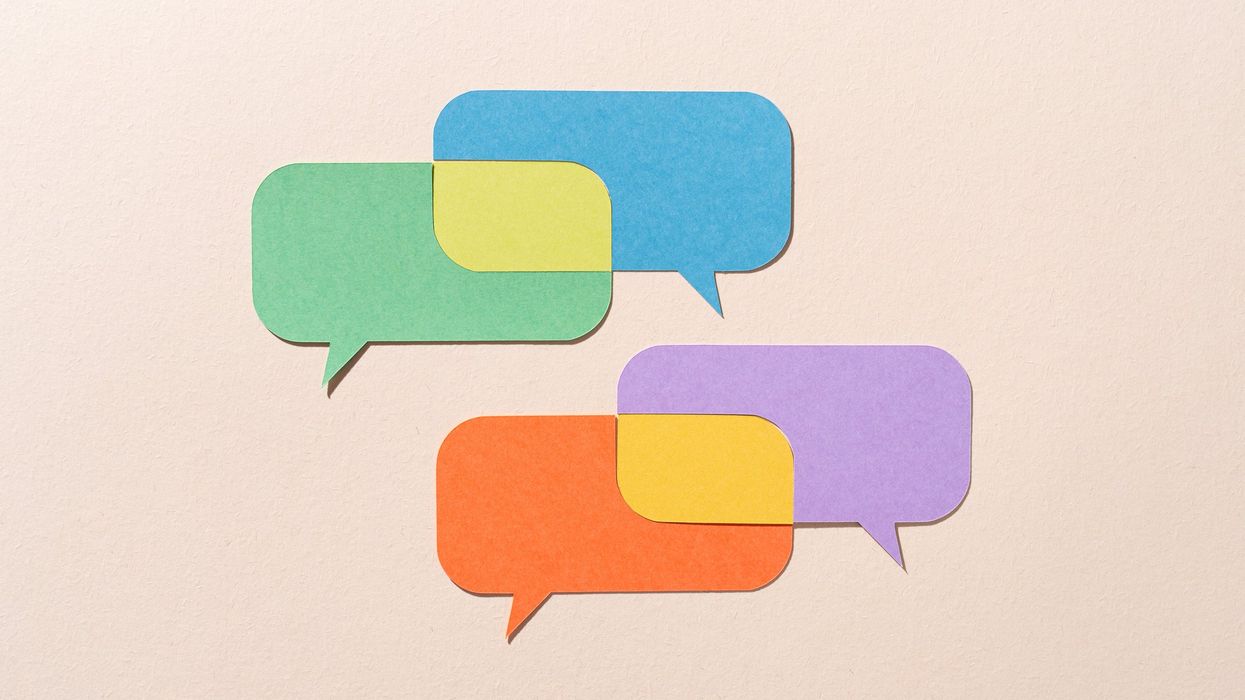In a small town, you think you know everyone’s story. But sometimes it takes a chance meeting to realize you never knew the whole truth.
I ran into him last week in the local pharmacy—a former elected city official in my Northern Virginia town whom I didn't support twenty years ago. We hadn't seen each other in years. We've both aged, of course, through two decades of life, work, and perspective that shaped the people we've become. My first reaction was tribal, a reflex rooted in old political muscle memory. But his wasn't. His face lit up. He was genuinely glad to see me.
We stood in the cold fluorescent light between the allergy meds and a rack of reading glasses. For a moment, neither of us mentioned politics. It was just two older men, aging into something softer.
That surprised me. And then something shifted in me.
I remembered our debates from those years. I was chair of the Economic Development Authority, deeply invested in smart growth, funding the schools and city services, and relieving the residential tax burden. He and his allies opposed the pace and character of that growth. The flash point was mixed-use development height limits—I pushed for taller buildings to create density and tax revenue; he worried about neighborhood character and longtime residents feeling steamrolled by change.
Tempers sometimes flared in those packed rooms and in the letters section of our local paper. Nearly everyone in town had an opinion, and it felt like every decision was personal.
Back then, I thought I was listening. But I was mostly hearing confirmation of what I already believed. If you had the facts, you didn't need empathy. I came prepared to every debate with charts and confidence, treating those moments as contests to win. I didn't dismiss other voices, but I was so focused on defending what I believed was right that I didn't always see how others experienced the process.
He greeted me like an old friend. And suddenly I saw a fuller picture. There was no guardedness in his eyes, no political calculation. Just genuine warmth. The same quality I'd probably seen twenty years ago but had trained myself not to notice. My defensive posture felt suddenly ridiculous.
I remembered that he had endured an unimaginable personal loss while in office. That he had worked on federal human rights issues. That he volunteered in our schools. I remembered, too, how he'd always made time to talk with constituents, even those who disagreed with him.
I felt something I didn't expect: love. Not agreement. Not nostalgia. Love. For the work we both did. For the town we both served. For the humanity I had overlooked in him, and in others, for too long.
We debated buildings and budgets. But beneath many meetings lay a deeper fight over belonging: whose voices counted, whose hopes were heard, and whose future were we building? I won the technical arguments, maybe. I was convinced that good people were running a good government, and that should be enough. But I see now that I often missed the point.
I wish I'd understood that twenty years ago. I wish I'd been more curious. More humble. A better listener. A better civic leader.
I don't know if we'll ever erase tribalism from our politics. But I know the first step isn't winning the argument—it's staying in the conversation.
And maybe it starts with something as simple as letting go of your assumptions for a moment, long enough to see the person across from you without judgment. So you don't realize, twenty years later, that you were part of the problem, even while you were sure you were one of the good guys.
Twenty years ago, I thought leadership meant having the answers. Now I know it's about asking better questions.
Edward Saltzberg is the director of professional education at George Washington University’s Environmental and Energy Management Institute and the executive director of the Security and Sustainability Forum.




















Trump & Hegseth gave Mark Kelly a huge 2028 gift